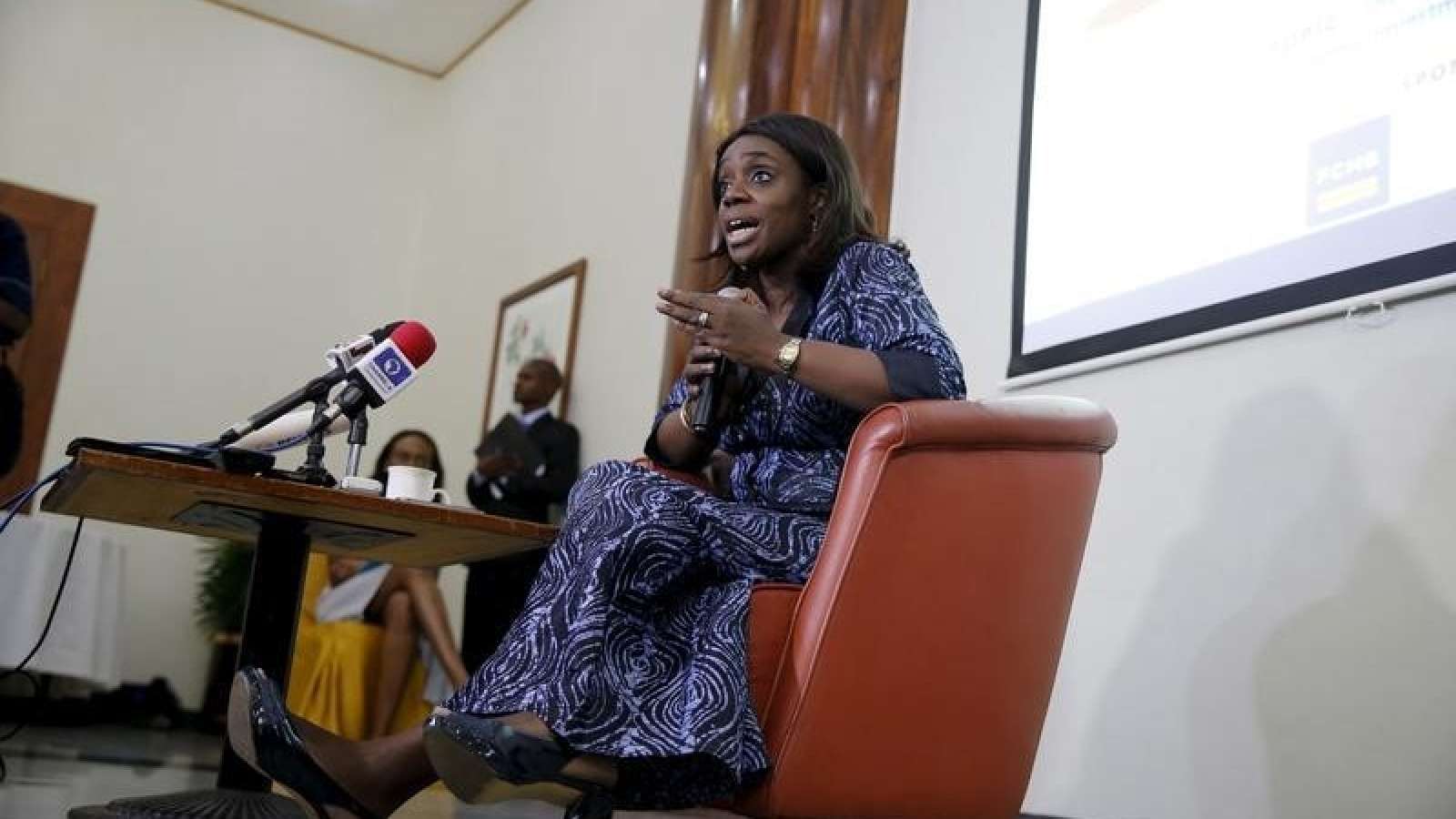Daily Watch – Adeosun okays debt refinancing, FX reserves hits 2015 high
10th August 2017

- The FG approved its medium-term expenditure framework for 2018-2020 on Wednesday and revised its growth forecast for next year downwards. Udoma Udo Udoma, minister for budget and national planning said after a cabinet meeting that the government had approved “a slightly different” growth trajectory of 3.5 percent for next year, down from the 4.8 percent it announced in its strategy paper. “In terms of crude oil projection for next year, it is 2.3 million barrels per day and we expect it to be broken down to 1.8 million barrels per day with regular crude and 500,000 barrels per day in terms of condensate. The price we have projected is $45 per barrel,” Udoma said. He added that the government was committed to exploring ways of raising additional revenues to lower the debt service burden.
- Nigeria’s foreign exchange reserves rose to more than two-year high of $31.22 billion by Aug. 8, CBN data showed on Wednesday. The country’s dollar reserves, which have been battered by lower oil prices, climbed back to a level they last reached in July 2015, shortly after President Muhammadu Buhari took office, the data showed.
- The NSE’s market capitalisation appreciated by ₦164 billion or 1.27 percent to close at ₦13.097 trillion on Tuesday against ₦12.933 trillion on Monday. The last time market capitalisation hovered around ₦13 trillion was in September 2014 when the average market cap was ₦13.5 trillion. The all share index (ASI) also improved by 474.12 points to close at 37,999.50 compared with 37,525.38 points posted on Monday. The stock exchange market has been on a gaining streak for weeks since the announcement of the CBN monetary policy committee decision, hitting an all year high of ₦12.08 trillion at that time.
- Nigeria plans to refinance $3 billion worth of treasury bills denominated in naira with dollar borrowing to lower costs and improve its debt position, the finance minister said on Wednesday. Kemi Adeosun announced the shift after a cabinet meeting in which the spending plan for 2018-2020 was approved. Budget Minister Udoma Udo Udoma told the same news conference that the government’s economic growth projection for next year had been revised down to 3.5 percent from 4.8 percent. She said it was part of an attempt to restructure the debt portfolio into longer term maturities by borrowing more offshore and less at home, which the minister said would also support private sector access to credit to boost the economy. “As the economy recovers and grows we will be in a much better position to repay instead of just rolling over the debt,” Adeosun said. She said the government would issue dollar debt as $3 billion worth of naira treasury bills gradually mature. She did not provide a time frame for this. Nigeria expects a shortfall of $7.5 billion in its 2017 budget. The government plans to raise around half of that in foreign loans, including from the World Bank and from international debt markets.
- The National Environmental Standards and Regulations Enforcement Agency says it will commence a review of five new draft environmental regulations in the country, according to an official. Pele Egbagiri, the Enugu Coordinator of the agency told NAN that the new regulations were the national environmental regulations on the energy sector, hazardous chemical and pesticides, the control of charcoal production, export air quality control and the regulation of dam and reservoirs. He said that workshops would be organised in all the states before the final review and harmonisation of the regulations in Abuja. NESREA was established by an Act of the National Assembly in 2007 to among others act as an enforcement agency under the Federal Ministry of Environment which aimed at ensuring a cleaner and healthier environment for all Nigerians.